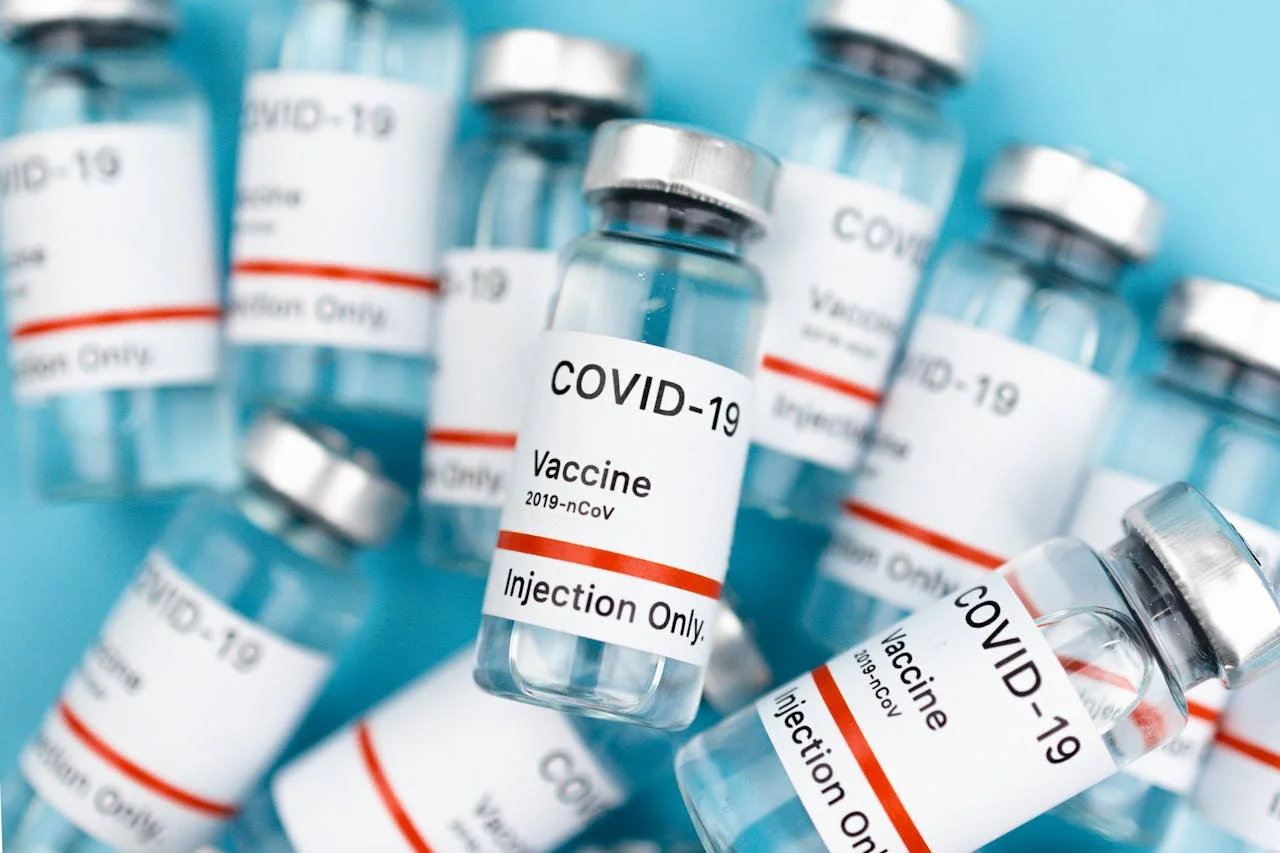
In the latest release of the World Health Statistics by the World Health Organization (WHO), the impact of the COVID-19 pandemic on global life expectancy and healthy life expectancy at birth (HALE) is starkly evident.
The pandemic has reversed the positive trajectory of life expectancy, undoing almost a decade’s worth of progress in just two years. Between 2019 and 2021, global life expectancy plummeted by 1.8 years to 71.4 years, regressing to levels last seen in 2012. Similarly, healthy life expectancy dropped by 1.5 years to 61.9 years in 2021, mirroring statistics from 2012.
The disparities in these effects are palpable across different regions. The Americas and South-East Asia bore the brunt, experiencing approximately 3-year drops in life expectancy and 2.5-year drops in healthy life expectancy during the same period. Conversely, the Western Pacific Region witnessed minimal impact in the initial two years of the pandemic, with negligible losses in life expectancy and healthy life expectancy.
Dr Tedros Adhanom Ghebreyesus, WHO Director-General, emphasized the fragility of progress in global health, noting that the pandemic’s toll erased a decade of gains in just two years. He underscored the importance of the new Pandemic Agreement not only in strengthening global health security but also in safeguarding long-term health investments and promoting equity within and between nations.
COVID-19 swiftly ascended as a leading cause of death globally, ranking third in 2020 and second in 2021, claiming nearly 13 million lives during this period. The report identifies noncommunicable diseases (NCDs) as persistent killers, responsible for 74% of all deaths in 2019 and maintaining a substantial share (78%) of non-COVID deaths even during the pandemic.
The global health landscape also grapples with the dual burden of malnutrition, with over one billion people living with obesity and over half a billion underweight in 2022. Malnutrition in children remains a critical issue, affecting millions worldwide.
Moreover, the report sheds light on the health challenges faced by persons with disabilities, refugees, and migrants, emphasizing the urgent need for health systems to adapt and address persisting inequities.
Despite pandemic setbacks, progress has been made towards achieving the Triple Billion targets and health-related Sustainable Development Goals (SDGs). However, challenges such as rising obesity, high tobacco use, and persistent air pollution continue to hinder advancement.
Dr Samira Asma, WHO Assistant Director-General for Data, Analytics, and Delivery for Impact, stressed the importance of leveraging data to accelerate progress and meet health SDGs by 2030. Without concerted efforts to expedite progress, achieving these goals remains uncertain.





